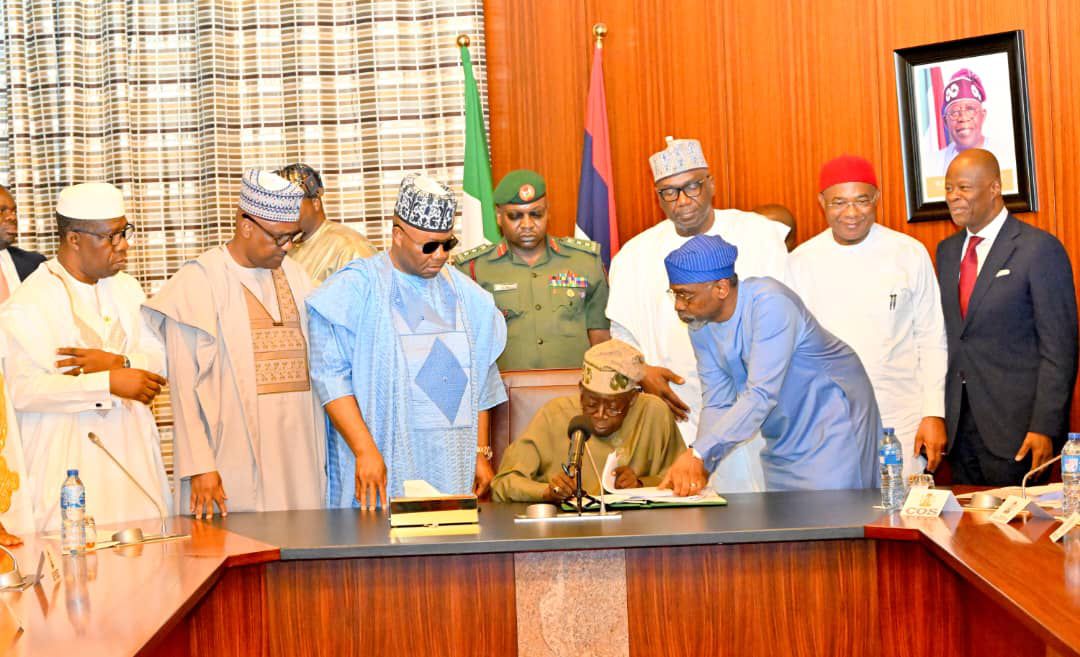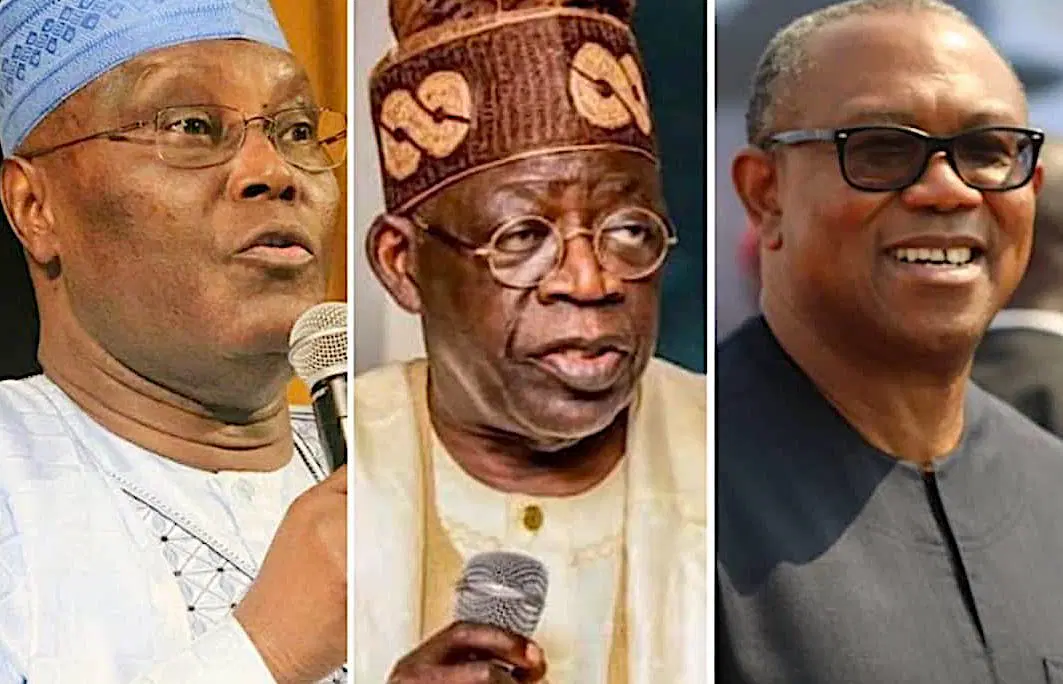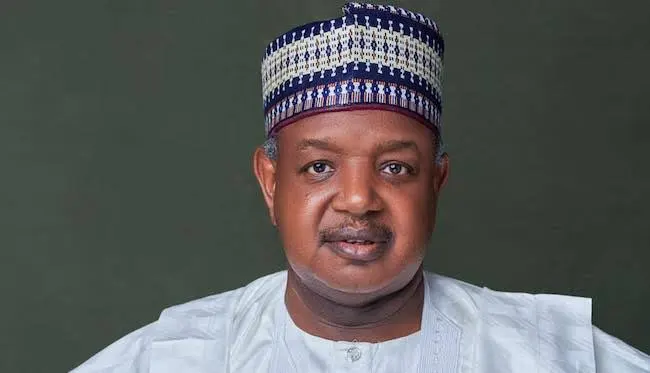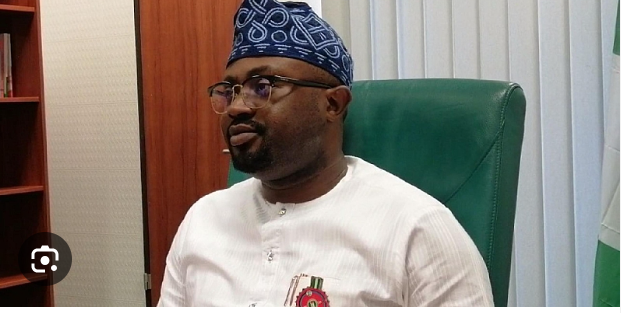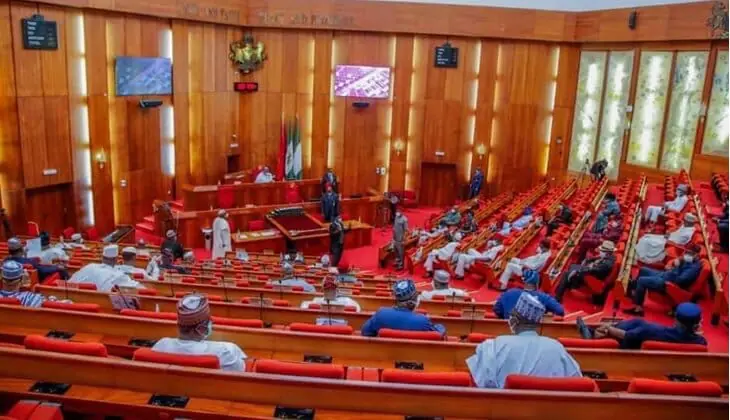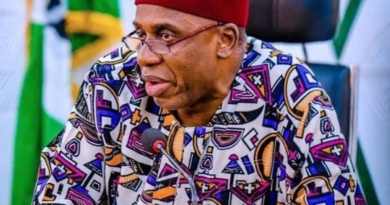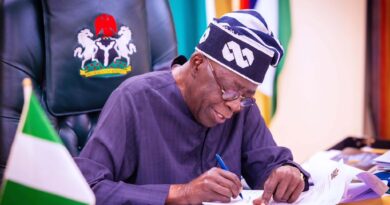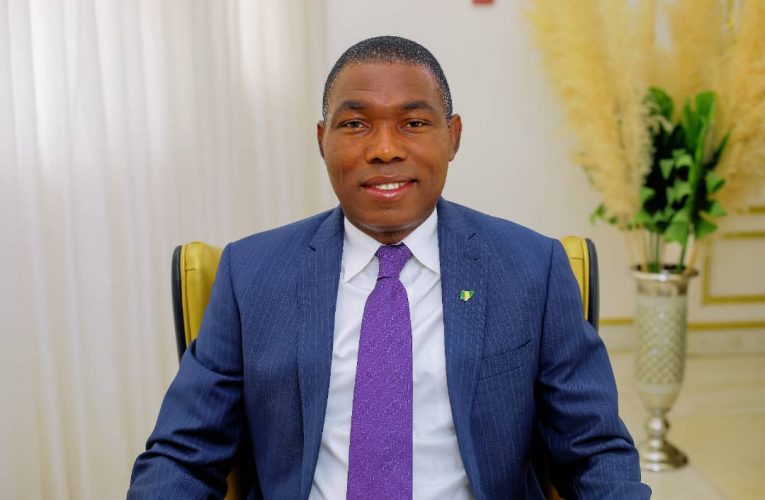Tinubu Receives Four Landmark Tax Reform Bills from National Assembly
President Bola Tinubu has officially received four vital tax reform bills from the National Assembly, marking a major milestone in the government’s ongoing efforts to reshape Nigeria’s fiscal structure. This significant handover was confirmed by the Minister of Finance and Coordinating Minister of the Economy, Wale Edun, during a lecture to honour Taiwo Oyedele’s 50th birthday in Abuja.
The four bills delivered include the Nigeria Tax Bill, Nigeria Tax Administration Bill, Nigeria Revenue Service (Establishment) Bill, and the Joint Revenue Board (Establishment) Bill. These proposed laws aim to improve transparency, efficiency, and fairness in the nation’s tax system, which currently has one of the lowest tax-to-GDP ratios globally.
Speaking at the event, Edun hailed the delivery as a historic achievement for the Tinubu-led administration, adding that the President had shown unwavering determination in pushing forward tax reforms despite many challenges.
“It was, I think, yesterday that it was finally delivered to Mr. President by the National Assembly for him to sign off on the four tax reform bills,” Edun stated. He further explained that if signed into law, the reforms could nearly double Nigeria’s tax-to-GDP ratio and significantly strengthen the country’s fiscal health.
He acknowledged that while the delivery of the bills is a step forward, the journey toward full implementation will require continued hard work, commitment, and coordination among stakeholders.
The finance minister praised President Tinubu’s perseverance in driving the reforms, saying, “Mr. President knew the value of those four tax reform bills and kept going through thick and thin, through turbulence and through wind.”
Edun also credited Taiwo Oyedele, the Chairman of the Presidential Committee on Fiscal Policy and Tax Reforms, for playing a crucial role in simplifying technical tax issues and making them understandable to the public. This, he said, has helped garner broad support for the reforms.
The tax reform initiative, under the Renewed Hope Agenda, is designed to support key sectors such as agriculture, infrastructure, and access to finance. It also aims to lift millions of Nigerians out of poverty through improved revenue generation that would fund critical services in health, education, and public works.
Oyedele, in his own remarks, emphasised the need to eliminate regulatory bottlenecks and reduce corporate tax burdens to attract more investment into Nigeria. He also called for digital solutions to streamline tax collection and enhance economic reforms.
He warned against oversimplified public policy ideas, urging elites to bring more critical thinking into policy discussions. “The elites must apply more intellectual rigour in policy debates, challenge long-held theoretical beliefs, and question assumptions within context. We must avoid crowd-pleasing analysis because after the applause, the pain remains,” Oyedele said.
He also urged government institutions to focus on core responsibilities that the private sector cannot manage efficiently, and to prioritise responsible, non-inflationary spending for sustainable development.
The National Assembly’s formal transmission of the bills to the presidency is seen as a crucial part of Nigeria’s broader economic overhaul. Senate spokesperson Yemi Adaramodu confirmed the development earlier in the week, reinforcing the government’s strong commitment to fiscal reform and economic stability.


